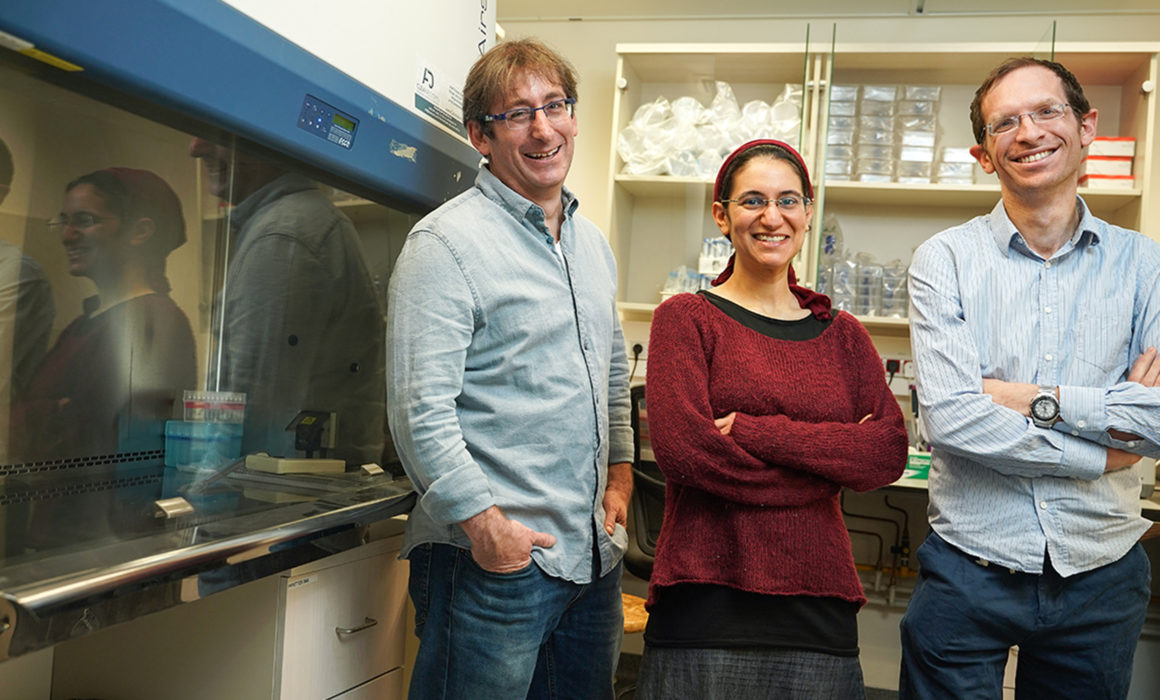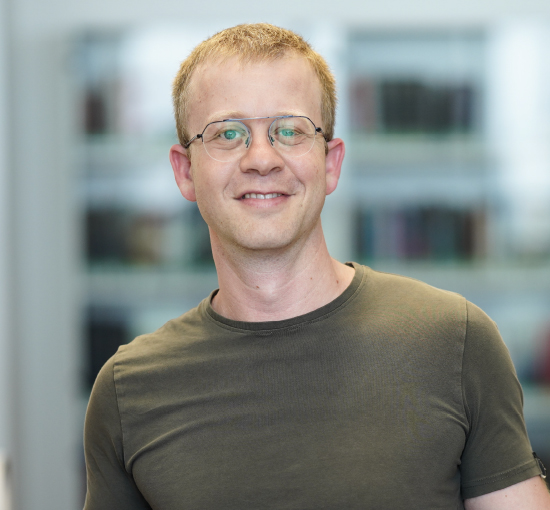Attracting and retaining talent in this competitive, global environment is challenging. Making faculty recruitment a top priority, President Peretz Lavie has offered startup packages to help young professors equip their labs and defray relocation costs. American Technion Society donors have funded faculty initiatives like the Taub Leaders in Science and Technology Program, Zuckerman STEM Leadership Program, First Steps Program, and Career Advancement Chairs. As a result, more than 200 new faculty came on board during President Lavie’s tenure, many from postdoctoral positions at top universities. The Technion has set the ambitious goal of 600 faculty members by 2020, an initiative that requires the university to continue recruiting 25 to 30 new faculty annually.
Here are some of the talented faculty who joined the Technion during President Lavie’s tenure.
Asya Rolls
Associate Professor Asya Rolls is a superstar in the areas of brain research and sleep deprivation. Her groundbreaking work has been recognized with numerous awards for young scientists, including the Adelis Brain Research Award, the Krill Prize, and the NARSAD Young Investigator Award.
Her brain research focuses on how thoughts and emotions impact health. In one animal study, she reduced the size of cancerous tumors in mice by artificially activating the brain’s reward system.
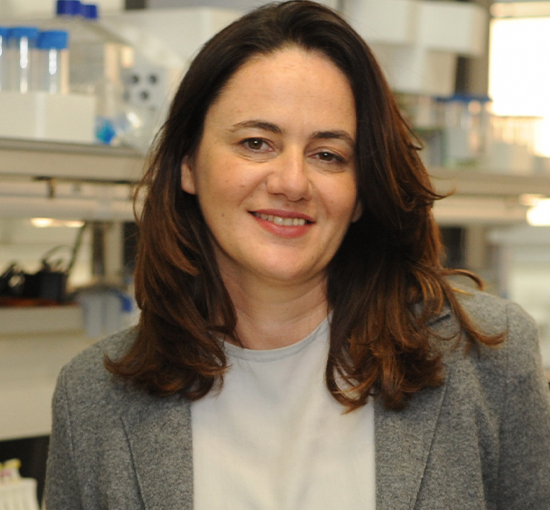
Her findings showed that the release of dopamine disabled tumor-promoting cells in the immune system, allowing the mice to fight cancer.
Prof. Rolls earned her bachelor’s and master’s degrees from the Technion Faculty of Biology and a Ph.D. from the Weizmann Institute of Science, and was recruited from Stanford University School of Medicine, where she was a postdoctoral Fulbright Scholar, to join the Rappaport Faculty of Medicine in 2013.
Avi Schroeder
Associate Professor Avi Schroeder is renowned for his work in cutting-edge nanotechnology and targeted drug delivery. His life-changing research focuses on treating cancerous tumors without wreaking havoc on healthy, surrounding cells. He has created synthetic “nano-factories” that produce protein-based cancer drugs at the tumor site, lessening their harsh side effects. Each drug is tagged, or “barcoded,” with a specific synthetic DNA sequence for identification, in order to determine which works best for the specific patient before treatment even begins.
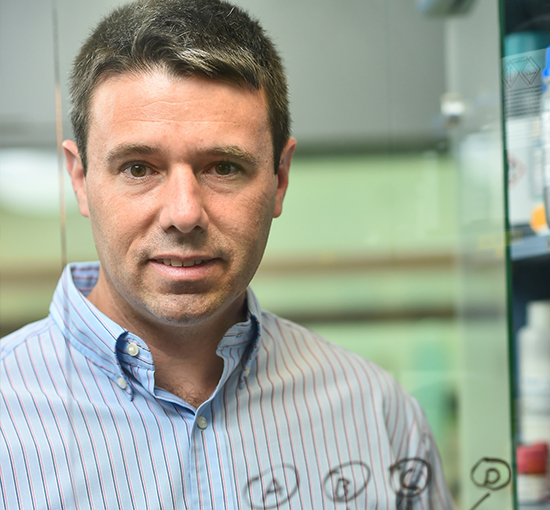
He also lent his expertise to research at the University of Utah on why elephants rarely get cancer. Those findings could lead to cancer-fighting treatment for humans.
Prof. Schroeder holds numerous biomedical patents and has won more than 20 awards. After earning three degrees from Ben-Gurion University and conducting postdoctoral research at MIT, he joined Technion’s Faculty of Chemical Engineering in 2012 for the opportunity to combine engineering with medicine. He was recruited as a Horev Fellow in the Taub Leaders in Science and Technology Program.
Shai Shen-Orr
Associate Professor Shai Shen-Orr discovered early on the burgeoning area of bioinformatics, the science of collecting and analyzing complex biological data. Today, he is a thought leader in the field. Just last year, he was invited to give a TED Talk, further cementing his reputation.
His Systems Immunology & Precision Medicine Lab brings big-data computer scientists together with biologists to gain a deeper understanding of immunology and advance genomic medicine.
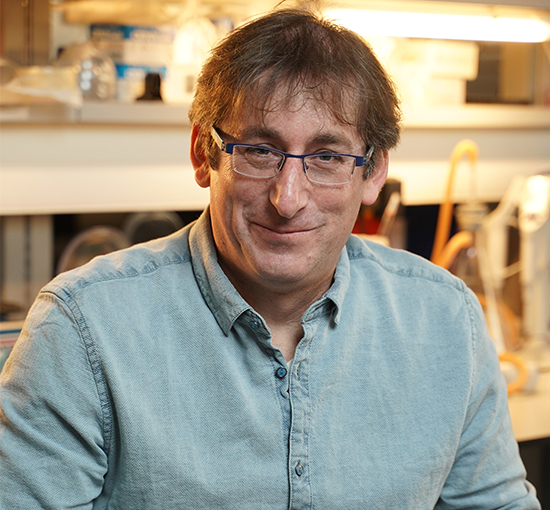
He recently developed a way to gauge “immune age,” which is a more accurate measure of well-being than chronological age, and could bring new frontiers in personalized medical treatment.
Prof. Shen-Orr earned his bachelor’s degree at the Technion, as did his parents and grandfather, his master’s degree from the Weizmann Institute of Science, and his Ph.D. from Harvard University. Following his postdoctoral work at Stanford University, he returned to the Technion in 2011, joining the Rappaport Faculty of Medicine as a Taub Fellow in the Taub Leaders in Science and Technology Program.
Moran Bercovici
Associate Professor Moran Bercovici is one of three Israelis to win the 2019 Blavatnik Award for Young Scientists, granting $100,000 to researchers under the age of 42 for breakthroughs in life sciences, chemistry and physical science, and engineering. Recognized for his innovative research, he created a super-sensitive microfluidic chip that can accelerate the detection of health conditions including heart disease and cancer, and lead to better treatment outcomes.
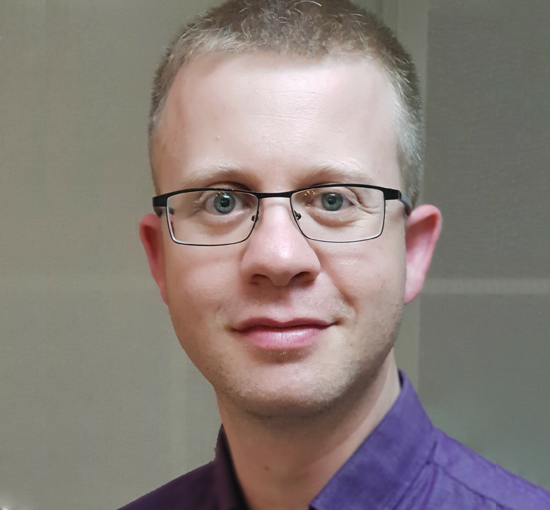
His discovery stems from research on the lab-on-a-chip, which integrates several analyses that are usually done in the laboratory, for applications to medicine, the life sciences, and the environment. He is also employing microfluidics to create new technologies for 3D printing and adaptive optics.
Prof. Bercovici earned his Technion bachelor’s and master’s degrees in aerospace engineering, and his Ph.D. at Stanford University. He has received many awards since finishing his postdoctoral studies and joining the Technion’s Faculty of Mechanical Engineering as a Horev Fellow in the Taub Leaders in Science and Technology Program.
